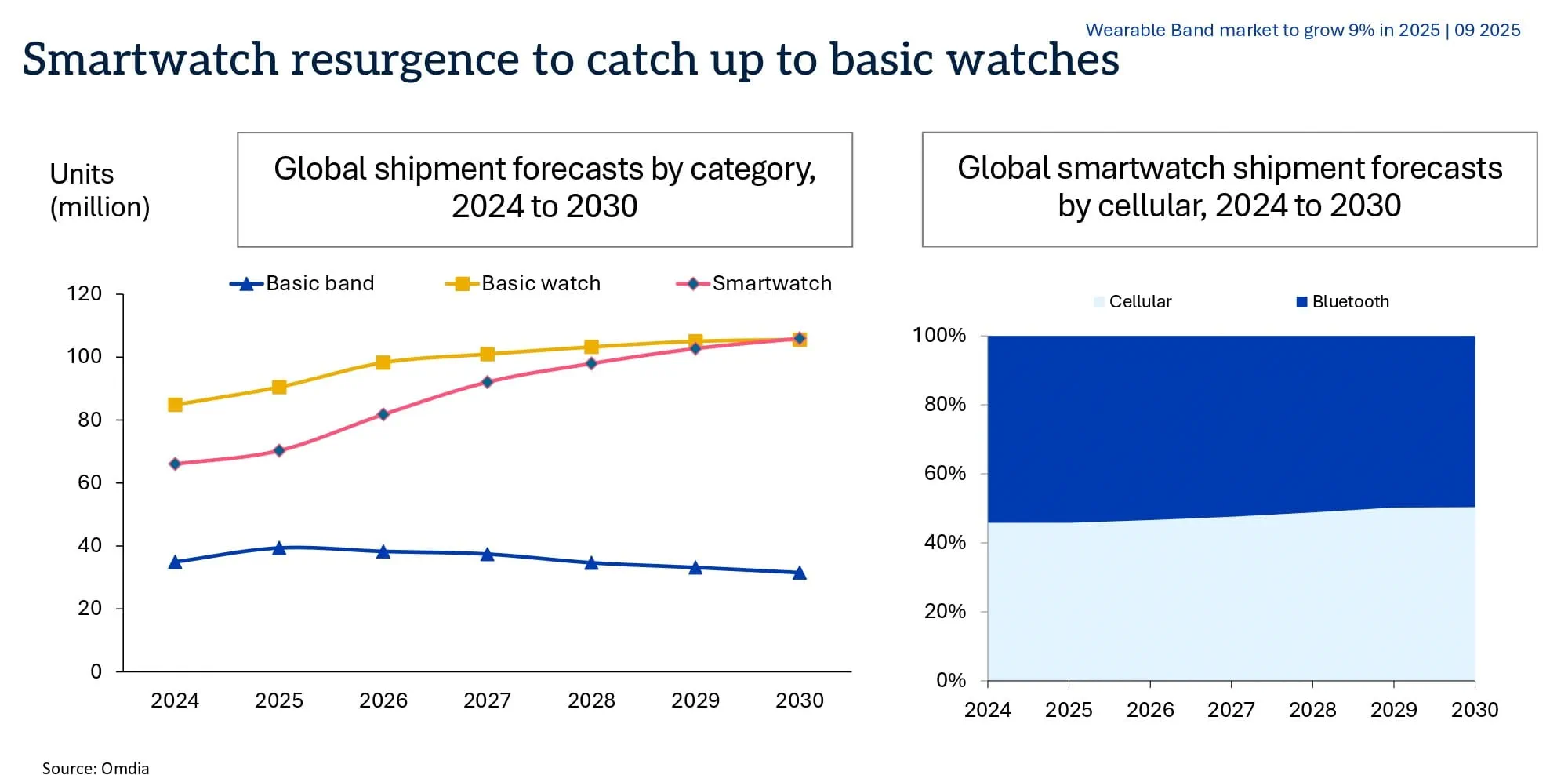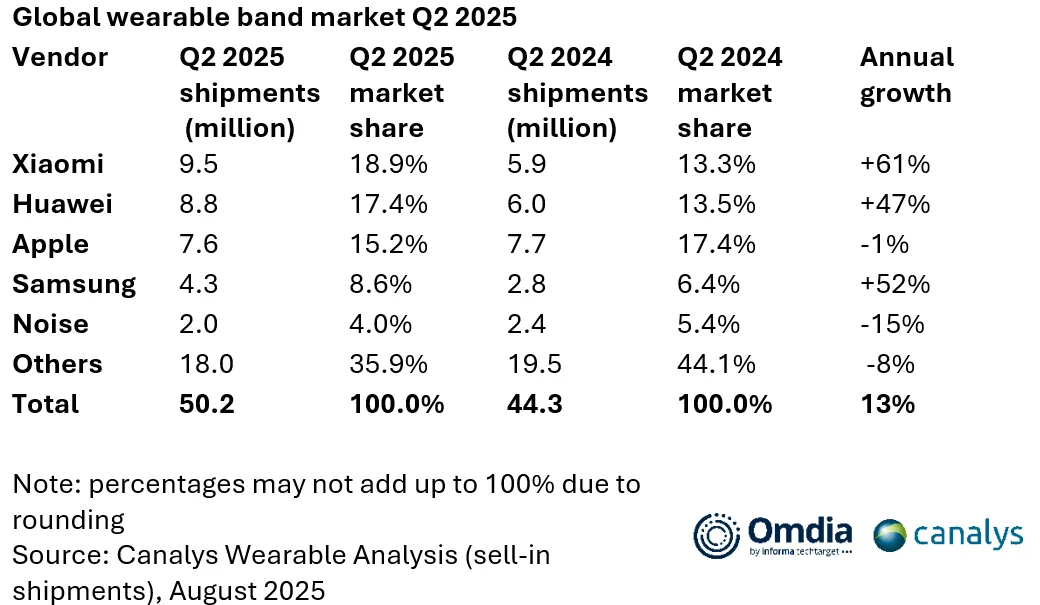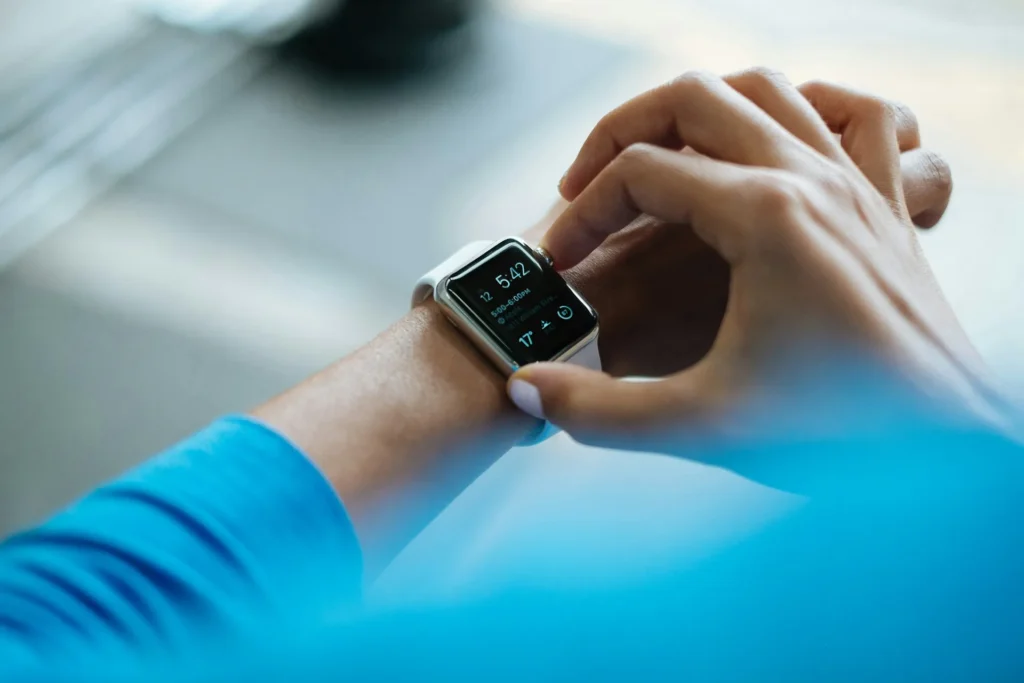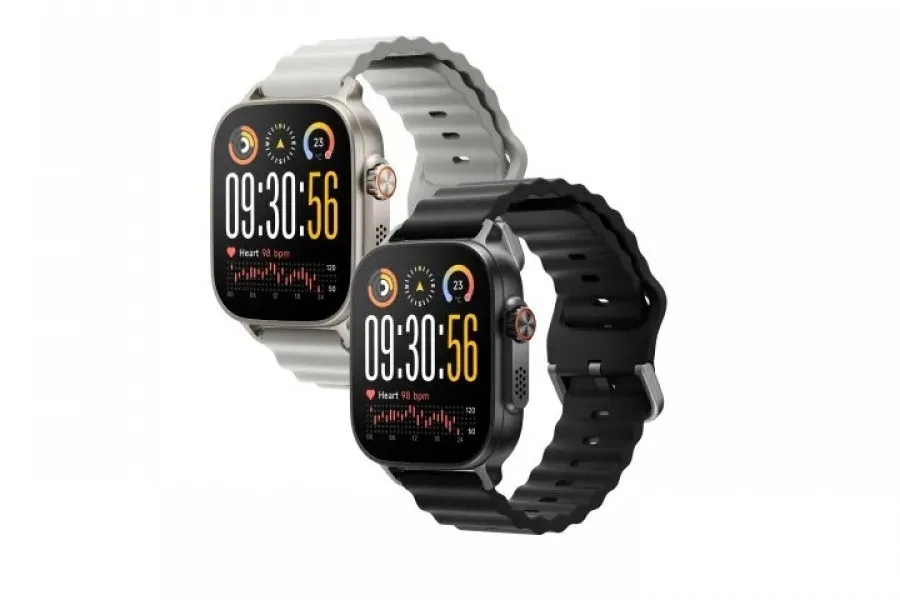Global market for connected bracelets: Xiaomi overtakes Apple and establishes itself as the number one worldwide
It’s official: Xiaomi is now the global leader in the connected bracelet market. According to the Q2 2025 report published by Omdia, the Chinese manufacturer recorded a remarkable 61% year-on-year growth, boosting its Xiaomi Smart Band and Redmi Band to the top of the global rankings.
Huawei holds the second position, while Apple slips to third place, despite the dominance of its Apple Watch in the premium segment.
A Market in Full Recovery

Global shipments of connected bracelets and watches reached 50.2 million units in Q2 2025, up 13% from the same period last year.
This solid performance is driven by the growing demand for affordable activity trackers and wearables.
Entry-level models, such as the Xiaomi Band or Redmi Band, stand out for their unbeatable value for money. They appeal to a wide audience—from casual athletes to users simply seeking health tracking without the premium price of a luxury watch.
“Consumers are now looking for simplicity and reliability, rather than luxury,” highlights Omdia in its report.

Smartwatches Dominate in Value
Behind this success in volume lies a more nuanced reality. Smartwatches account for only 32% of shipments, but generate 69% of the total market value. In other words: fewer sales, but more margin. Brands like Apple and Samsung are focusing on high-end products that, although lagging in volume, maintain the sector’s profitability.
Omdia forecasts an 8% growth in the global wearables market in 2025, followed by a 9% increase in 2026, indicating a strong long-term momentum.
Integrated Ecosystems Become the New Battleground
The competition is no longer solely about sensors or battery life.
It has now shifted to the domain of integrated ecosystems.
- Xiaomi leverages its HyperOS to connect watches, smartphones, earbuds, and smart devices in a seamless environment.
- Huawei continues its “all-in-one” strategy through the Huawei Health app, which combines hardware tracking, biometrics, and paid services.
- Apple, for its part, remains strong on customer retention, but its sales fell by 1% in the quarter, according to Omdia.
- Samsung recorded moderate growth, supported by its Galaxy Watch series running on Wear OS.
The Indian company Noise rounds out the top five globally, confirming the growing influence of the Asian market, particularly India, in the wearables industry.
A New Era for Connected Bracelets
The Omdia report indicates a clear shift: the “fitness gadget” is becoming a gateway to larger digital ecosystems. Brands are now focusing on long-term customer retention rather than just selling a product. In this game, Xiaomi seems to have found the right formula: affordable devices, robust features, and, above all, tight software integration with its mobile ecosystem.
In 2025, the wearables war is no longer just about technology; it’s about who can keep their users engaged in their ecosystem the longest.




